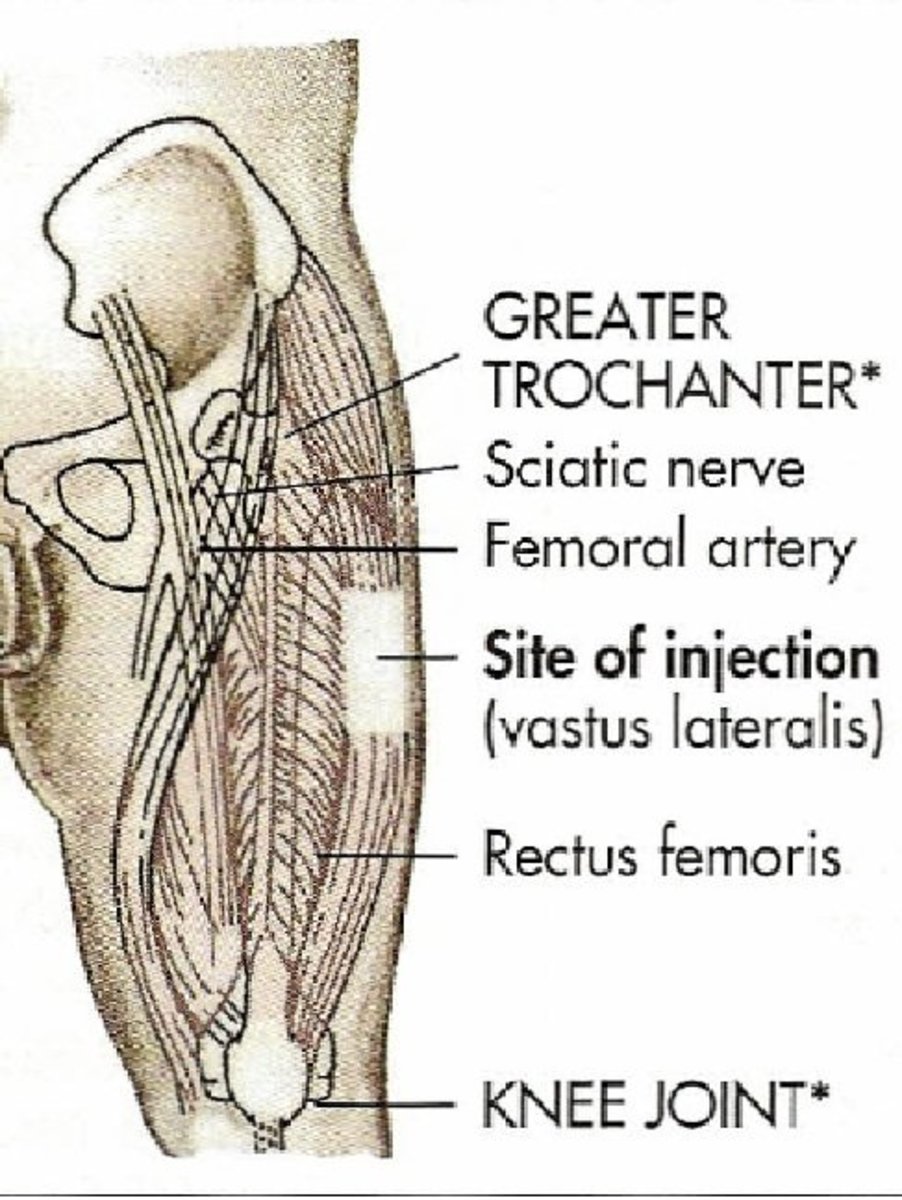Advance Medical Directives and Hospice Services
Advance directives were introduced to give persons the right to make their own choices in the event of a terminal illness or severe injury causing the patient to become unable to make his/her own decisions. Advance directives are recognized in the United States by two forms.
- Power of attorney, which gives control to a trusted other to make decisions for the patient at the time of injury or death if they are unable, and the right to choose whether to be resuscitated or not if the patients heart were to stop.
- The other form of advance directive is the Living Will. A living will gives the patient the right to make their wishes known prior to illness or death. The patient can express every desire longed for up to and after passing.
Credit is given to Luis Kutner, a member of the Illinois and Indiana Bar Association, for the living will. Kutner "first proposed the concept of a testimony-type document with the intent to prevent or cease extra-ordinary means to prolong existence."
Unfortunately, advance directives, including the living will, offer little to lessen the burden of the terminally ill patient and family. Even when patients go to the trouble of expressing their wishes, the doctor’s values may prevail. A study found that in 25 of 71 cases, when patients were transported from nursing homes to hospitals, their living wills never made it onto their hospital charts. It is also easy for Health Specialists to say to a relative that the patient never really anticipated in his living will this specific situation, therefore ignoring the patient’s wishes.
- Living Will Sample - Five Wishes Form
As a Nurse working in Hospice Care, I was fortunate to be introduced to Five Wishes. Five Wishes National version of it's Living Will and Advance Directive was introduced in 1998. Let me begin with what the...
So what do you do?
Fill out the forms and begin to secure your wishes.
Explain and talk with your family and Doctor about your wishes. Make it clear what is intended. Have the family member that is trusted to uphold your wishes repeat back what you want, making it positive that they understand.
No one likes to talk about their inevitable passing, but it is an important subject and should not be feared.

Palliative Care and Hospice
When people are asked how they wish to die , most respond something like this: quickly, painlessly, at home, surrounded by family and friends. Ask them how they expect to die , and the fear emerges, in the hospital, all alone, on a machine or in pain.
Palliative Care and Hospice Services are available to lessen the patients’ fears.
- To Palliate means to make comfortable by treating a person’s symptoms from an illness. Palliative Care focuses on quality of life during and after treatment of the patient.
- Hospice care concentrates on pain management of a dying patient and it is the belief of hospice that everyone has the right to die with dignity.
The overall understanding of hospice is to care for , not to cure the patient.
Hospice and palliative care both focus on helping a person be comfortable during their illness. Hospice and Palliative Care treat physical as well as emotional pain and are available to terminally ill patients. However, Palliative Care can begin as early as diagnoses, whereas Hospice services cannot begin until a doctor states that the patient has 6 months or less to live.
Although Hospice and Palliative Services appear to be the answer, Doctors are reluctant to refer the terminally ill patient.
Doctors are trained to cure. Medicine is a profession dedicated to healing. Pysicians tend to view Hospice Care as 'giving up' on their patient or they 'failed' the patient and the family. Physicians are hesitant to bring the subject up to their patients because of lack of education in Hospice services and competent pain management. Fortunately, the American Medical Association is proposing the Institute for Ethics. The goal being is to educate 10% of its member doctors (estimated to be 20,000) on hospice and palliative care.
Be Your Own Advocate
Don't be afraid to bring up Hospice Care to the Doctor. They are just people, like you and me. They have families and want the best for you or your loved one. Take the time to discuss and consider the options.







